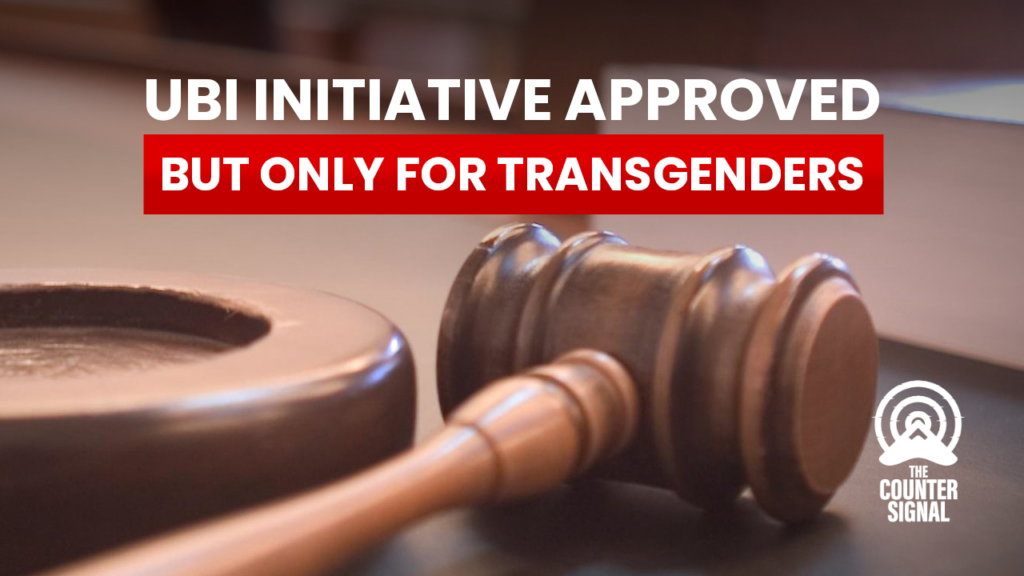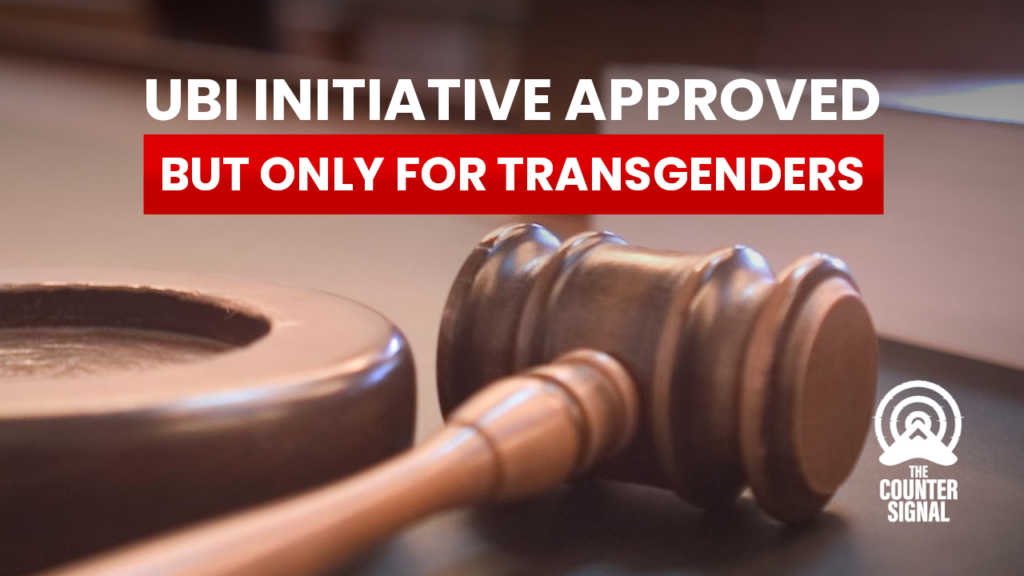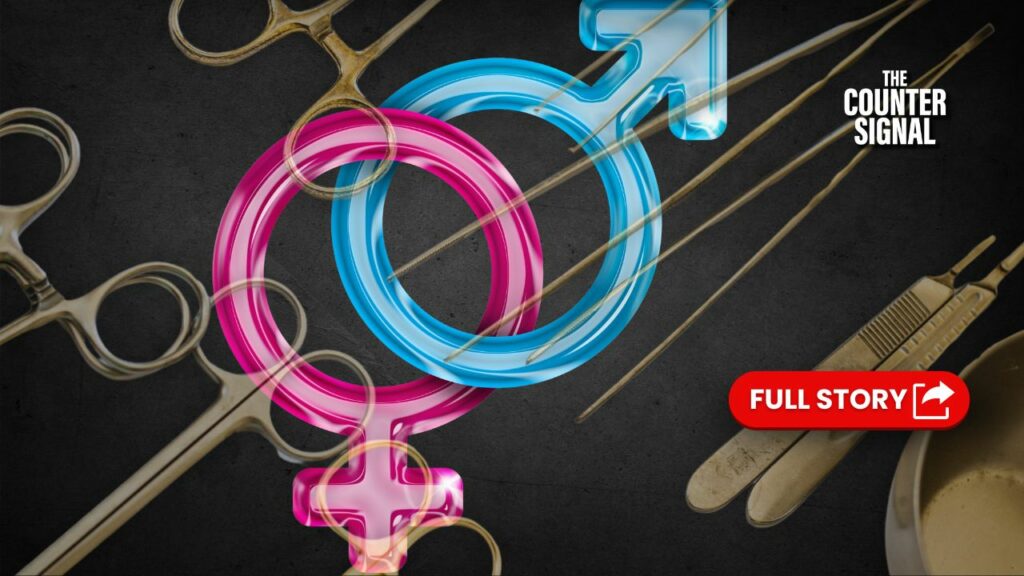Recently, the Palm Springs city council unanimously approved a Universal Basic Income (UBI) initiative that will only be available to people who are transgender.

“People who are Trans and Non-Binary are highly marginalized in our society in general, especially economically,” said CEO of Queer Works Jacob Rostowsky, the non-profit organization that received the funding.
Transgender and non-binary people who meet the poverty threshold — and no one else — will now receive $900 per month for the next 18 months.
Hey @ErieNewsNow and @CountyofErie Can I get my money. My wife and I are transgender or whatever. @fox13seattle #transgender #UBI #FOX13 #putthatinyourpipe pic.twitter.com/huGrjoT2mC
— Arick G. Wilro – Libertarian (@AWilro) April 6, 2022
Surprisingly, the local Californian Palm Springs mayor Lisa Middleton — who coincidentally happens to be transgender — is opposed to the handouts.
“I [do] not believe such programs could scale up to adequately respond to the over 37 million Americans living below the poverty line, the over 6 million Californians or the over 400,000 in the County of Riverside living below the poverty [line],” she stated.
Nonetheless, she voted to affirm the funding application but “specifically stated [her] belief that guaranteed income programs were not the long-term way to proceed.”
“I did not commit to any future funding of guaranteed income programs,” she said.
The project also quickly drew criticism from other politicians, such as former Republican councilman Carl DeMaio, who called it “outrageous and discriminatory.”
“We’re completely opposed to guaranteed or universal basic income programs because they ultimately cause inflation and raise the cost of living on everyone — they don’t work,” he said.
The Liberal-NDPs will likely keep a close eye on the outcome of this pilot program, potentially leveraging it as a case study to justify Canada’s own Universal Basic Income plans via Bill-S233.
Bill-S233, which has already passed the second reading in parliament, and is supported by NDP leader Jagmeet Singh, would see anyone above the age of 17 eligible for free money in Canada. Those eligible include asylum-shopping refugee claimants who illegally walk across the border into Canada after flying into the United States, permanent residents, and temporary workers.
As is happening in the US, the push for UBI in Canada is being argued for under the guise of helping the marginalized and downtrodden — regardless of the expense for most Canadians.













